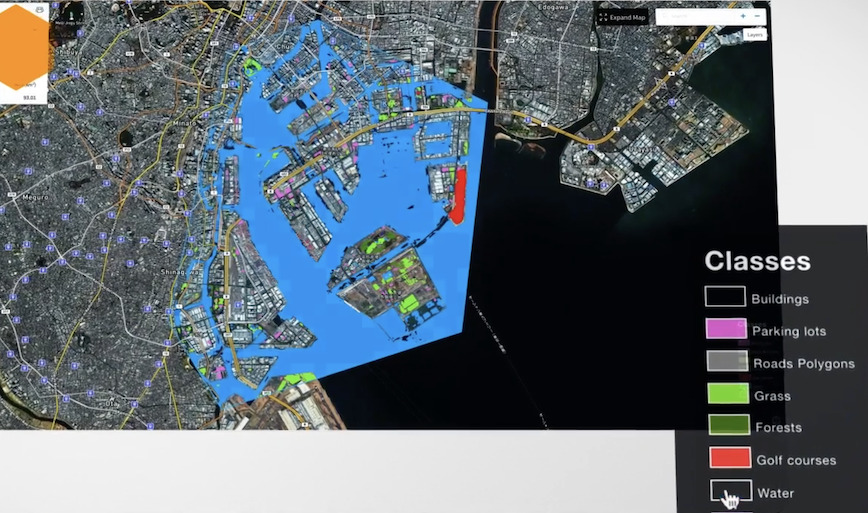Orbital Insight received a U.S. Department of Defense (DoD) contract to leverage commercially available data to identify intentional GNSS interference and manipulation, i.e. jamming and spoofing, operations across the world.
Orbital Insight’s platform will employ its multisensor data stack, artificial intelligence and machine learning capabilities to alert analysts and operators to potential jamming and spoofing events. The platform leverages a suite of geolocation data—satellite, AIS, ADS-B, and internet-of-things devices—along with new advanced algorithms designed to automatically recognize anomalies linked to spoofing, complemented by research intelligence from nonprofit partner Center for Advanced Defense Studies.
“GNSS spoofing is essentially a data problem,” said Kevin O’Brien, CEO at Orbital Insight, “and our AI and deep data stack can help identify spoofing, along with other major humanitarian and environmental challenges.”
The technology has broad implications beyond situational awareness of intentional GNSS interference. Other national security, humanitarian and environmental challenges may be addressed, such as identifying drug trafficking, illegal fishing, sea-borne piracy and unintentional commercial aviation disruptions.
The National Air and Space Intelligence Center will be the first customer to utilize the technology. Upon successful integration, the goal will be to expand this platform widely across the defense, intelligence, and civil communities.
Orbital Insight received the DoD contract on the heels of announcing a Phase II Small Business Innovation Research contract from the National Geospatial-Intelligence Agency to deliver a computer vision model that uses synthetic data to detect novel classes of objects. The company also recently launched a new class of multiclass object detection algorithms within its flagship GO platform to help the intelligence community monitor and differentiate activity at thousands of areas of interest.






